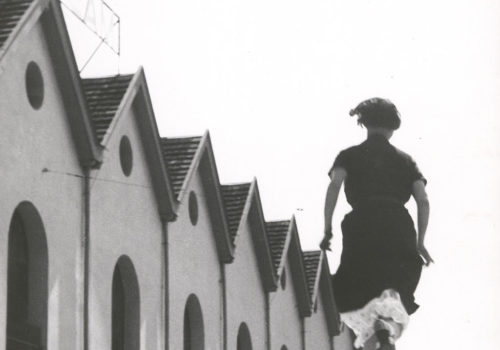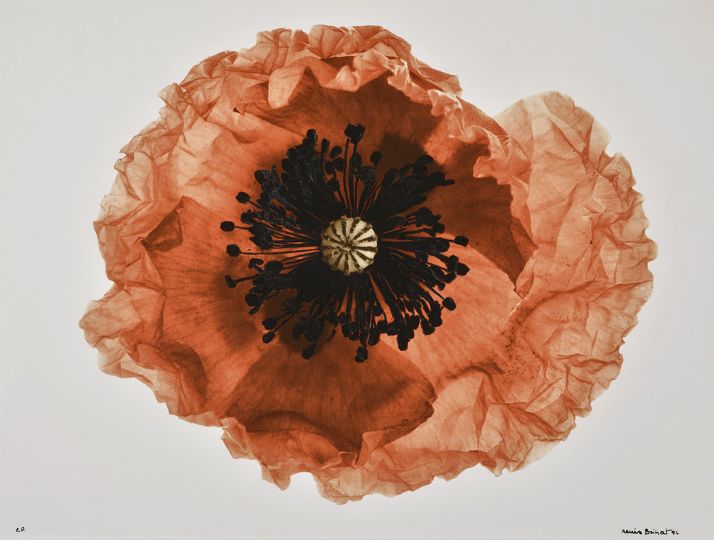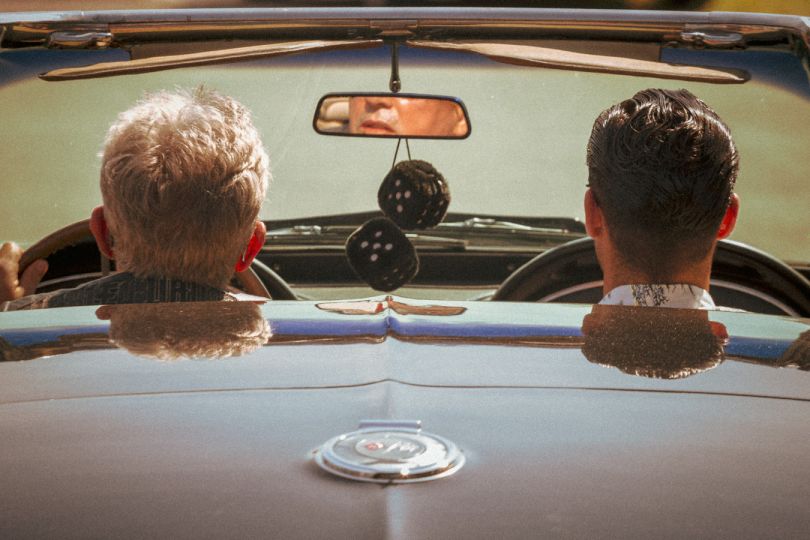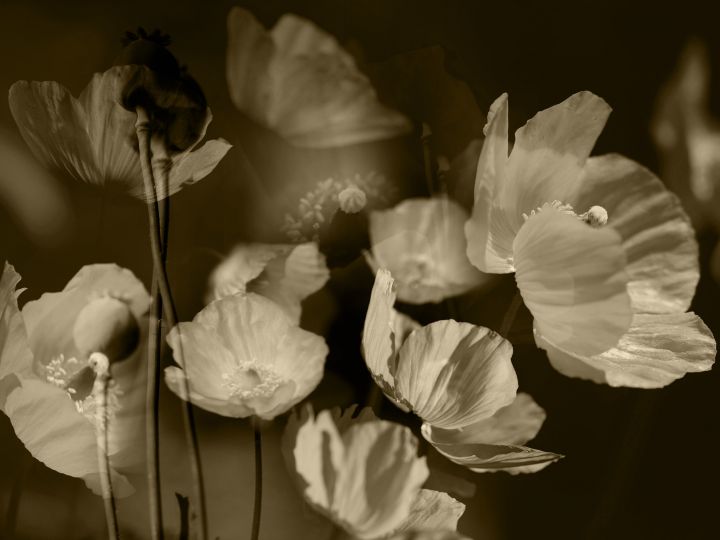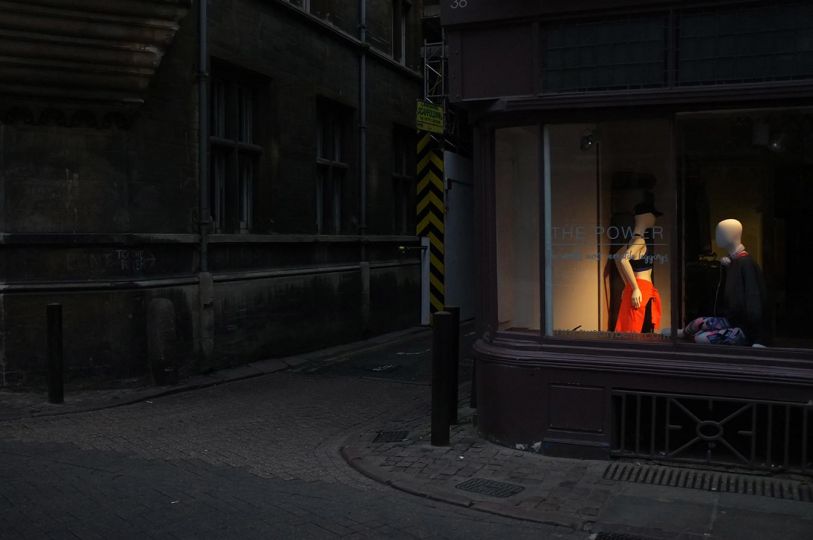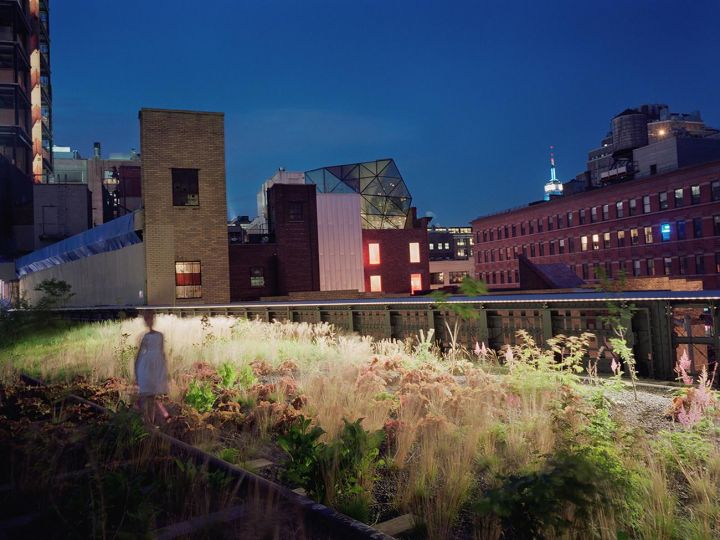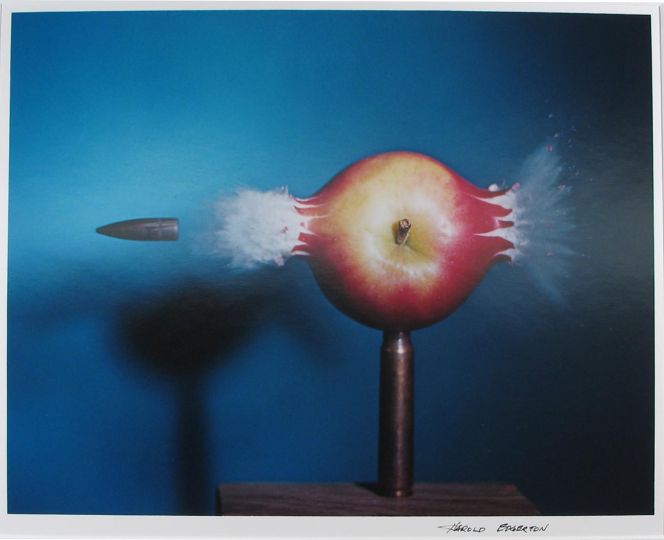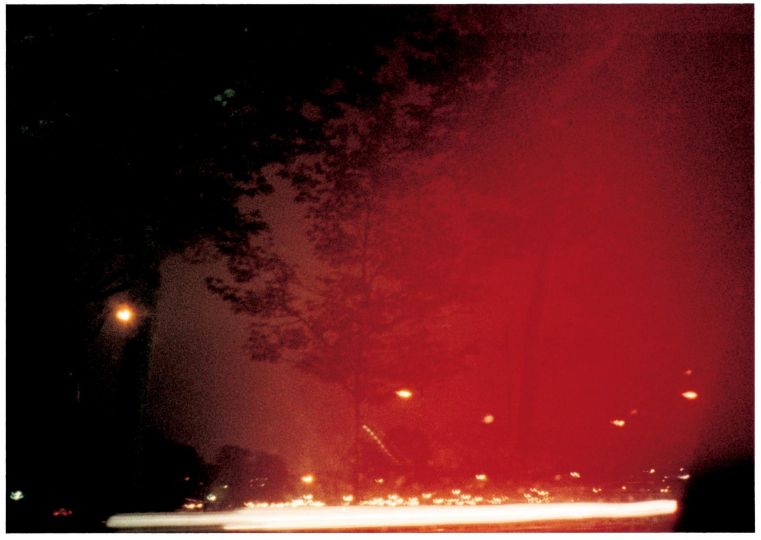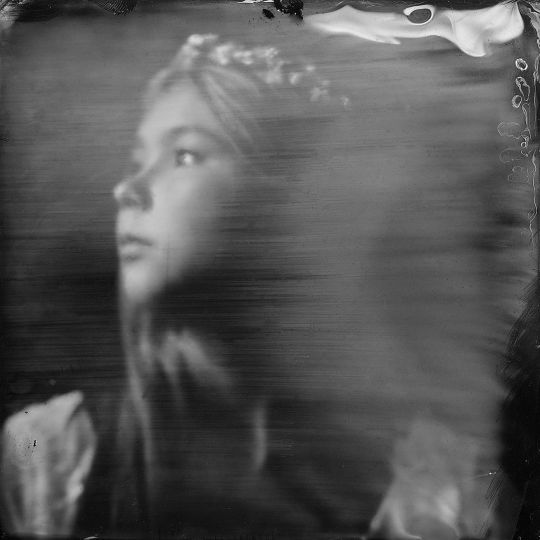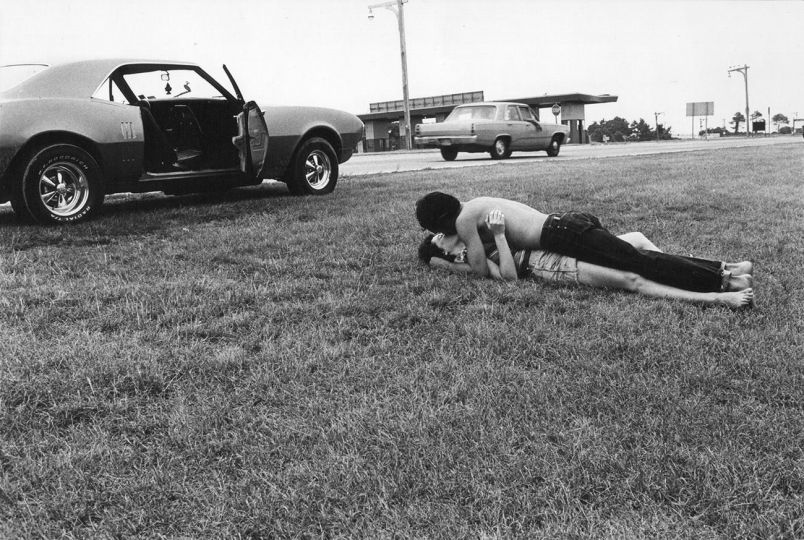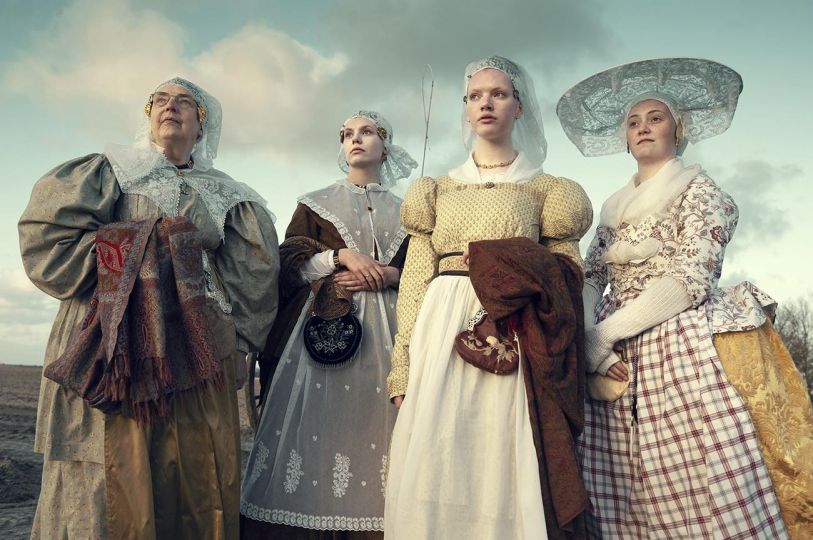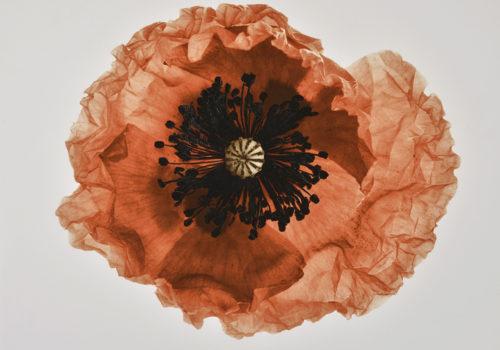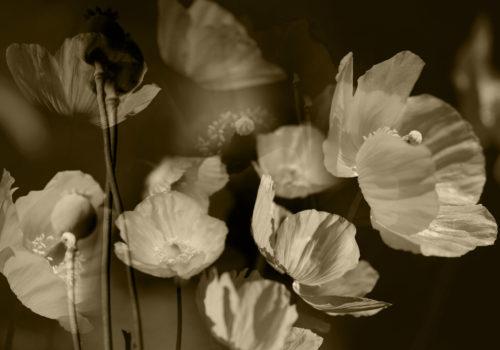This is Berti; she was the dispatcher at the Oerlikon mechanics workshop in Switzerland in 1934. She was late that day and Jakob Tuggener captured her on film as she hurried across the factory’s deserted courtyard. Tuggener died in 1988 and was largely overlooked in his lifetime, but will feature in an exhibition at the Pavillon Populaire in Montpellier, running until October 18th. The exhibition is his personal, very humaine vision of the industrial world from the 1930s to the 1950s. Jakob Tuggener’s name isn’t instantly evocative yet the Swiss photographer was one of Robert Frank’s influences. He enjoyed his own moment of glory in the mid-1950s when Edward Steichen, then director of the photography department at MoMA, exhibited several of his photographs in the “The Family of Man” exhibition, first in New York and in the subsequent world tour. Tuggener’s work is now managed by the Swiss Foundation for photography in Winterthur, and has been brought together in a foundation based in Uster.
Entitled “Factory – a Pictorial Epoch of Technology, 1933-1953“, the exhibition covers the photographer’s productive period, when he published his book, Fabric (or Factory) in 1943. At a time before the emergence of author-photographers, when you were either a reporter or an advertising photographer, Jakob Tuggener didn’t take the easy option and decided to go freelance in order to retain his freedom and creativity. Was he ahead of his time? Perhaps his background can explain things. In fact, he discovered photography while following an apprenticeship in technical drawing in a Zurich factory in the 1920s, when the company’s professional photographer introduced him to the dark room. In 1930, then aged 26, he decided to move to Berlin to study at the highly-reputed Reimann school of art and design for eight months.
This selection of more than 140 images is typical of Jakob Tuggener’s very distinctive eye: he didn’t make do with recording reality for a “cold” documentary but instead offered his own vision of the industrial world, a world he was familiar with himself. Unlike his contemporaries, François Kollar and Lewis Hine, he didn’t focus on the relationship between man and machine, but instead looked at the factory in its entirety, alternating wide-angle shots – of the buildings, workers rushing through the gates, or busy at their workstation – with extreme close-ups capturing some surprising everyday details such as a padlock on the factory gate, a tattooed arm featuring a kissing couple, or a hand wearing a skull-and-crossbones ring.
EXHIBITION
Jakob Tuggener. Fabrik : une épopée industrielle 1933-1953
Until October 18th, 2015
Pavillon Populaire – Espace d’art photographique de la Ville de Montpellier
Esplanade Charles-De-Gaulle
34000 Montpellier
France
Tel. : 01 44 67 66 13 46
Catalogue
“Jakob Tuggener. Fabrik : une épopée industrielle 1933-1953”, éditions Hazan, 24,95 €.

